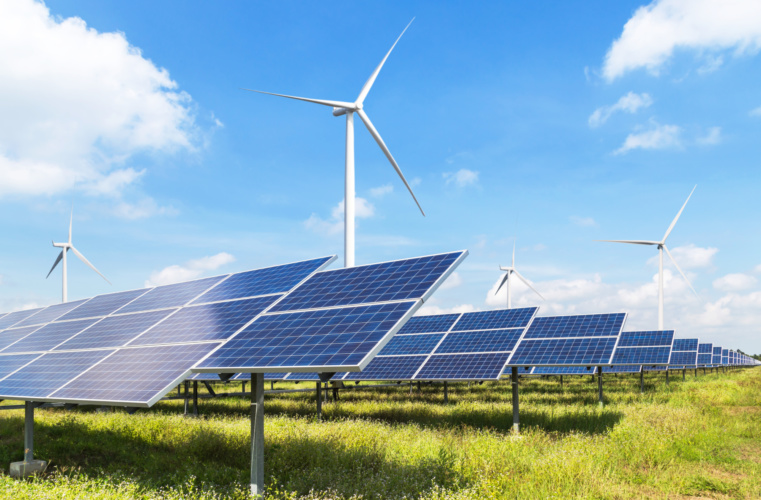Energy report calls for doubling of European renewables ambitions
An ambitious doubling of renewables could halve European gas consumption for electricity according to a report published by Finnish energy technology firm
Wärtsilä.
Through its report Europe’s Energy Future the company is calling on European leaders to implement cross-country coordination and investment to deliver up to 80GW per year of renewable capacity, backed by flexible balancing technologies.

The approach modelled in the report would see renewable energy share in electricity generation increase from around 33 per cent today to over 60 per cent by 2030 and could – it is claimed - cut annual gas usage in the power sector by 52 per cent across the continent by 2030. This would enable the region to avoid 5,456 TWh of gas consumption (the equivalent of 3.5 years of Russian gas supply to the EU)
The report is based on the modelling of 33 European countries, including 27 EU member states, plus UK, Norway, Switzerland and the Balkans. The cost of running existing fossil fuel and renewable power plants is included, as well as fuel costs where relevant, plus the associated carbon emissions. Wind and solar PV are modelled with their hourly generation profiles based on predicted weather conditions, as well as required balancing technologies to balance variable renewable generation. Modelled technology options include different renewable sources, such as wind, solar PV and geothermal, thermal technologies from gas engines and turbine power plants – plus nuclear power, storage technologies, such as battery and pump storage, and technologies to produce sustainable fuels.
Register now to continue reading
Thanks for visiting The Engineer. You’ve now reached your monthly limit of news stories. Register for free to unlock unlimited access to all of our news coverage, as well as premium content including opinion, in-depth features and special reports.
Benefits of registering
-
In-depth insights and coverage of key emerging trends
-
Unrestricted access to special reports throughout the year
-
Daily technology news delivered straight to your inbox










Water Sector Talent Exodus Could Cripple The Sector
Well let´s do a little experiment. My last (10.4.25) half-yearly water/waste water bill from Severn Trent was £98.29. How much does not-for-profit Dŵr...